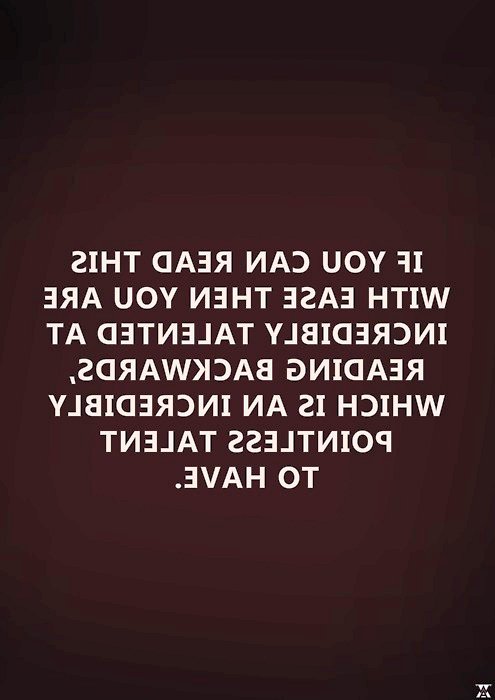
Prefixes and Suffixes Many words use both prefixes and suffixes. First starting with the word phone, we can add the prefix micro, (small) and get microphone. Adding a suffix of "ic," (like, made of), we get microphonic. "Scope," then can become "microscope," or "microscopic." "Tele" (at a distance) can give us "telephone," and "telephonic." "Tri" (three) gives us "triangle," and "tricycle." Over 5000 words use the suffix "ed" to make the past tense of a word. Over 5000 words use the suffix "ly" to make adjectives out of nouns, such as "monthly, slowly, heavenly" and "quickly." Adding the prefix "bi" (twice or two) we can make "bimonthly." "Mis" (wrong) can change "spell" to "misspell." "Un" (back, not) can make "changed" to "unchanged," "seen" to "unseen," "heard" to "unheard."
The Great Noah Webster We owe a great deal of gratitude to Mr. Noah Webster who organized his first American dictionary in 1806. He changed British English on his own accord without the consent of anyone. He took the "our" of "colour" and changed it to "color" and other words having "our." He changed "plough" to "plow," "cheque" to "check," along with other changes. Frontier Americans added Indian words, immigrants from all over the world contributed their share. American English has made many changes over the years and continues to change. New meanings are arriving daily as new technologies are devised. My word processor still does not recognize "fax" as a word. My large dictionary of 1992 does not contain "Internet." We live in a rapidly changing world and it is up to us to accept those changes and continue to grow with them.